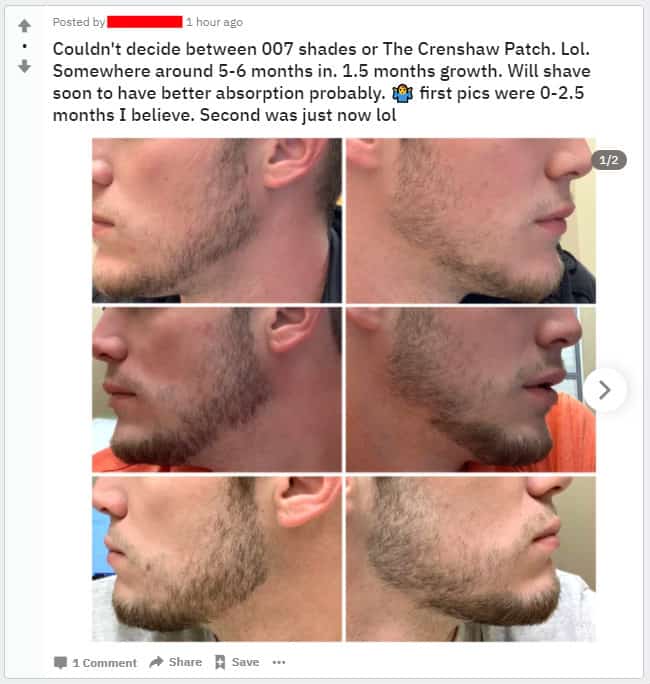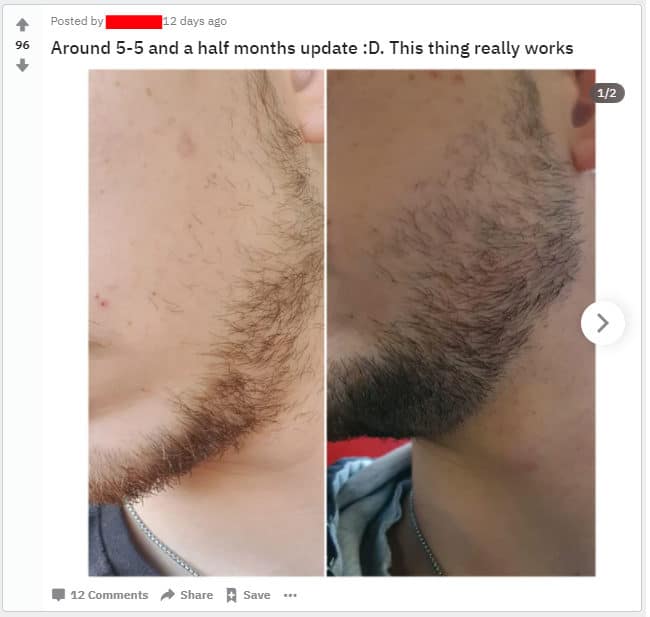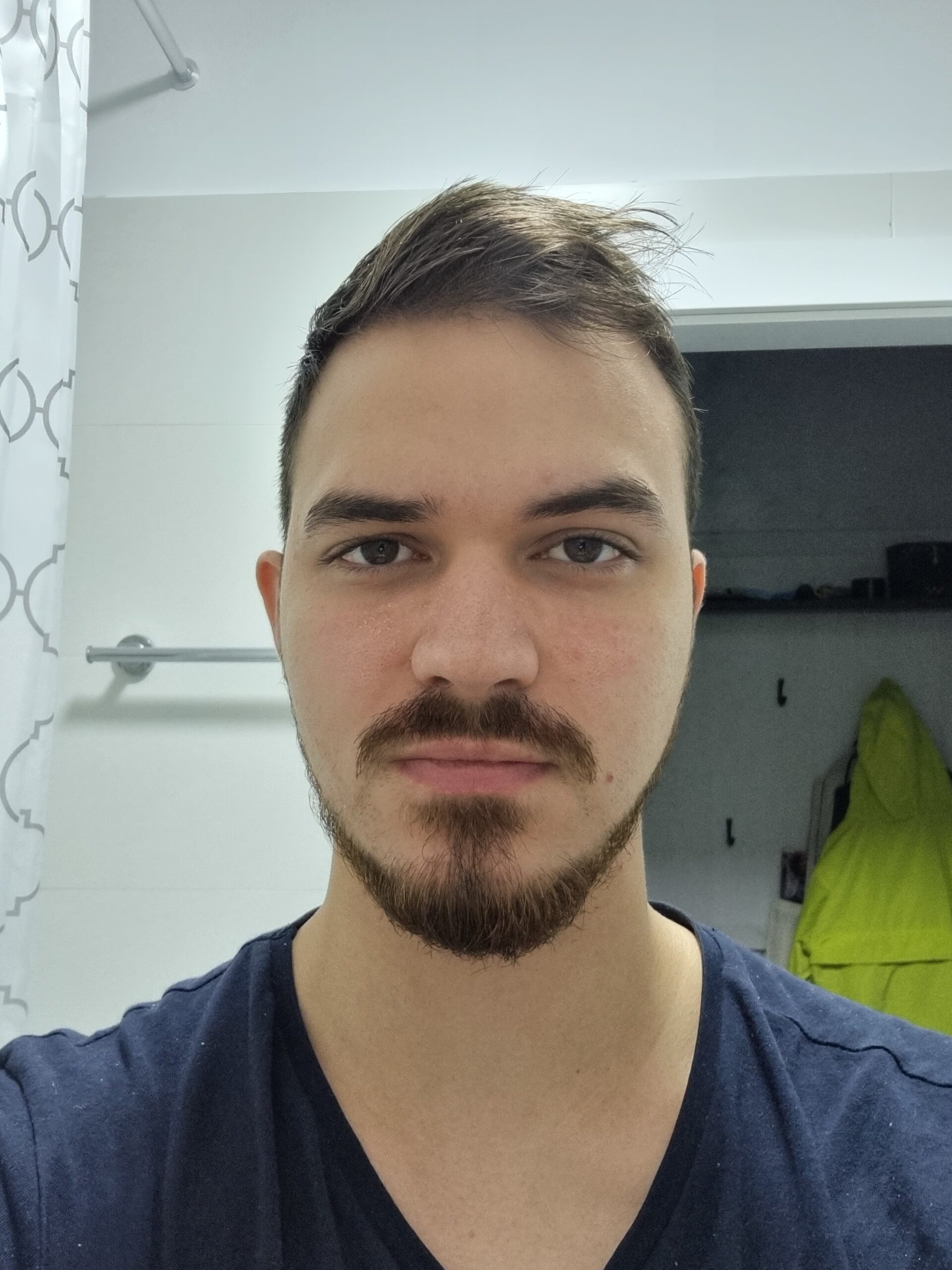Have you ever wondered why your beard hair seems to grow everywhere except your cheeks? It’s a frustrating dilemma that many men face when trying to grow a full and even beard. Instead of those thick, luxurious whiskers extending across your entire face, you’re left with patches of bare skin. But worry not, because in this article, we will explore the reasons behind this common problem and share some expert advice on how to encourage beard hair growth on your cheeks. Say goodbye to those pesky empty spaces and hello to a beard that will make heads turn!
Causes of Beard Hair Not Growing on Cheeks
Growing a full, luscious beard is a goal for many men. However, not all men are blessed with hair growth in every area, particularly on the cheeks. If you find yourself in this situation, don’t worry – you’re not alone. There are several potential causes for beard hair not growing on the cheeks, ranging from genetics to hormonal imbalances, age, nutrition, stress and illness, and skin conditions. Understanding these causes can help you determine the best course of action to promote beard growth in this area.
Genetics
When it comes to the growth of facial hair, genetics play a significant role. The influence of family history and your ethnic background can impact the density and growth pattern of your beard. If your father or other male family members have had limited hair growth on their cheeks, it’s possible that you have inherited the same genetic predisposition. Different ethnicities also have varying degrees of beard growth, with some groups naturally having thicker beards. Unfortunately, there’s little you can do to change your genetic makeup, but understanding this factor can help you manage your expectations and explore other options for enhancing beard growth.
Hormonal Imbalances
Hormones are vital for the growth and development of facial hair. Testosterone, the primary male hormone, plays a crucial role in stimulating hair follicles. However, imbalances in testosterone levels or heightened levels of dihydrotestosterone (DHT), a hormone derived from testosterone, can inhibit beard growth. Thyroid imbalances, such as hypothyroidism or hyperthyroidism, can also affect hormone levels and impact the growth of facial hair. If you suspect that hormonal imbalances are causing your lack of beard growth on the cheeks, it’s essential to consult with a medical professional who can conduct the necessary tests and provide appropriate treatment options.
Age
As we age, our bodies undergo various changes, including the growth of facial hair. During the teenage years, young men may be frustrated with patchy beard growth or sparse hair on the cheeks. This is because the body is still adjusting to hormonal changes, and facial hair growth may not be fully developed until the early twenties or even later. Additionally, as men enter middle age and beyond, beard growth may naturally decrease due to hormonal fluctuations and a decrease in overall testosterone levels. While age is a factor that we have little control over, understanding its impact on beard growth can help manage expectations.
Nutrition
Your diet plays a vital role in overall health, and it can also affect the growth of facial hair. A lack of essential nutrients, including vitamins and minerals, can inhibit hair growth on the cheeks. Vitamin deficiencies, such as low levels of vitamin B, vitamin D, or zinc, can lead to hair thinning or sparse patches on the face. Additionally, an unhealthy diet that lacks proper nutrients can negatively impact your body’s ability to produce healthy hair. To promote beard growth on the cheeks, it’s essential to maintain a well-balanced diet that includes a variety of fruits, vegetables, lean proteins, and healthy fats.
Stress and Illness
Undergoing prolonged periods of high stress can have numerous negative effects on the body, including hair growth. Stress can disrupt hormone levels, leading to imbalances that affect facial hair production. Autoimmune disorders, such as alopecia areata, can cause patchy hair loss, including hair on the cheeks. Scarring due to illness or injury can also inhibit hair growth in specific areas. It’s crucial to manage stress through various relaxation techniques, such as regular exercise, meditation, and hobbies, to promote overall well-being and potentially support beard growth.
Skin Conditions
Various skin conditions can contribute to the lack of beard hair growth on the cheeks. Acne and acne scarring, especially if severe or extensive, can inhibit hair follicles’ ability to produce healthy hair. Folliculitis, a condition characterized by inflamed hair follicles, can also affect beard growth. Additionally, alopecia areata, an autoimmune condition that causes hair loss in patches, can impact facial hair growth. If you suspect a skin condition is affecting your beard growth, it’s crucial to consult with a dermatologist who can provide an accurate diagnosis and recommend appropriate treatments.

Treatment Options for Beard Hair Growth on Cheeks
If you’re eager to boost beard growth on your cheeks, there are several treatment options available. From topical solutions to lifestyle modifications, finding the right solution for you may require some experimentation and patience.
Minoxidil
Minoxidil, a topical medication, is a commonly used treatment for promoting hair growth. Originally developed as a treatment for high blood pressure, it was later discovered to have the unexpected side effect of promoting hair growth. Minoxidil works by widening blood vessels and stimulating hair follicles, potentially increasing the growth phase of the hair cycle. Applying minoxidil to the cheeks can potentially help promote beard hair growth in this area. It’s important to note that results may vary, and it may take several months of consistent use to see noticeable improvements. Consulting with a healthcare professional before using minoxidil is advisable, as they can provide guidance and recommendations specific to your needs.
Hormonal Therapy
In cases where hormonal imbalances are the root cause of limited beard growth on the cheeks, hormonal therapy may be prescribed. In consultation with a healthcare professional, hormone replacement therapy or other treatments may be recommended to restore hormone levels and stimulate facial hair growth.
Microneedling
Microneedling is a procedure that involves using a handheld device with tiny needles to create micro-injuries on the skin’s surface. This process stimulates collagen production and promotes blood circulation, potentially enhancing hair follicle function and encouraging beard growth. Microneedling can be performed by a dermatologist or aesthetician who specializes in the procedure.
Hair Transplants
For individuals with severe or permanent hair loss on the cheeks, hair transplant surgery may be an option. During this procedure, hair follicles are taken from donor sites, typically the back of the scalp, and transplanted to the cheeks. It’s essential to consult with a qualified surgeon to determine if you are a suitable candidate for hair transplant surgery.
Dietary Changes
Making dietary changes to ensure you’re consuming essential nutrients can play a significant role in promoting beard hair growth. A well-balanced diet rich in fruits, vegetables, lean proteins, and healthy fats can provide the necessary vitamins and minerals to support healthy hair growth. Additionally, incorporating foods such as eggs, avocados, nuts, and leafy greens, which are high in vitamins B and D, can potentially benefit beard growth on the cheeks.
Lifestyle Modifications
Apart from medical treatments and dietary changes, certain lifestyle modifications can support beard hair growth on the cheeks. Reducing stress levels through relaxation techniques, such as exercise, meditation, and engaging in enjoyable activities, can help normalize hormone levels and support healthy hair growth. Improving sleep quality by adhering to a consistent sleep schedule and creating a relaxing bedtime routine can also contribute to overall well-being and potentially enhance beard growth. Finally, avoiding harmful chemicals, such as those found in certain skincare products or shaving creams, can prevent irritation and inflammation that may impede beard growth.
In conclusion, there can be numerous causes for beard hair not growing on the cheeks. From genetics to hormonal imbalances, age, nutrition, stress and illness, and skin conditions, each factor plays a role in influencing hair growth. Understanding and addressing the underlying causes, whether through medical treatments, lifestyle modifications, or a combination of both, can help you achieve the beard of your dreams. Remember, it’s essential to consult with healthcare professionals or specialists to ensure you receive accurate diagnoses and appropriate treatment options tailored to your specific needs. With patience, perseverance, and the right approach, you can optimize your chances of achieving a full, healthy beard.

